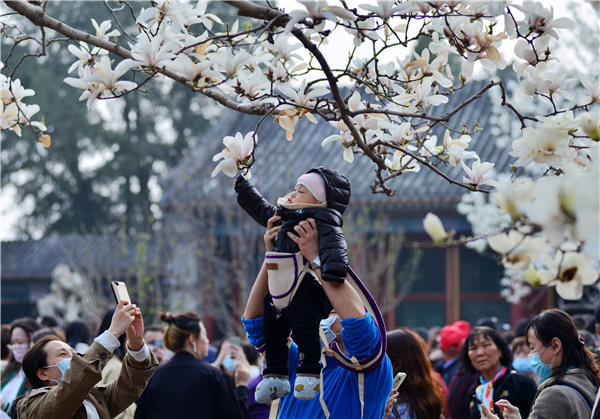Preparing for the return of tourism


Travel bubbles are also beginning to form. The first emerged in May 2020, with the three Baltic states of Estonia, Latvia and Lithuania.
Singapore created the Reciprocal Green Lane and the Air Travel Pass, has set up arrangements for Malaysian workers and is in discussions with Australia for a travel bubble. Australia has a one-way travel bubble with New Zealand, which was suspended several times.
In turn, Malaysia is working on setting up bubbles with other countries in the region, but Tourism Malaysia's director-general Zulkifly Md Said told the media that bubbles cannot be set up unilaterally. "Certain timeframes would allow us to plan, but it is beyond our authority," he said. "The urgency is not only with us, but with the countries we are talking to."
Indonesia is planning a one-way bubble for Singaporeans to go to the beach resorts of Batam and Bintan, perhaps as early as April 21. The two islands are a short ferry ride from Singapore and visits are a common weekend getaway for Singaporeans.
While still in the early stages, these developments could set the stage for a much-needed rebound. International and domestic tourism industries have been decimated. Cruises have been suspended. Airlines have cut flights, laid off staff and even gone bankrupt. Hotels are operating well below capacity. Tourist attractions are empty.
"2020 was the worst year in history for air travel demand," said Albert Tjoeng, the Singapore-based head of corporate communications at IATA. "Our most recent analysis shows that the airline industry is expected to remain cash-negative through this year, a worsening of what we had previously assessed that the industry would turn cash-positive in (the fourth quarter of) 2021."
The air travel industry alone lost $118 billion through 2020 and demand fell almost 66 percent compared to 2019. And 2021 started off worse, Tjoeng said, noting that there were 78 percent fewer forward bookings in February 2021 than in February 2019.
"We are not expecting passenger demand to return to 2019 levels until 2024," said Tjoeng.
In 2019, there were around 51 million intraregional visits within ASEAN and the industry would very much like to get some of those travelers back on the road.
CITS Travel in Singapore, for example, is "hoping for bookings starting on the second half of the year with the rolling-out of vaccines", said Director Paul Yip. "We have still not gotten any bookings."
The entire industry is certain that a bounce-back boom will happen, but opinions are divided as to when. Estimates range from later this year to 2024, depending on the availability of COVID-19 testing and the willingness of governments to open up.
Breakaway Travel International Ltd, a Hong Kong travel agency, lost about 90 percent of its business and currently has just 10 air ticket bookings, according to Director KP Chan. "We do not expect significant improvement in the current year but hope to gradually recover in 2022," Chan said.
But even when it rebounds, travel and tourism may have changed forever.

































